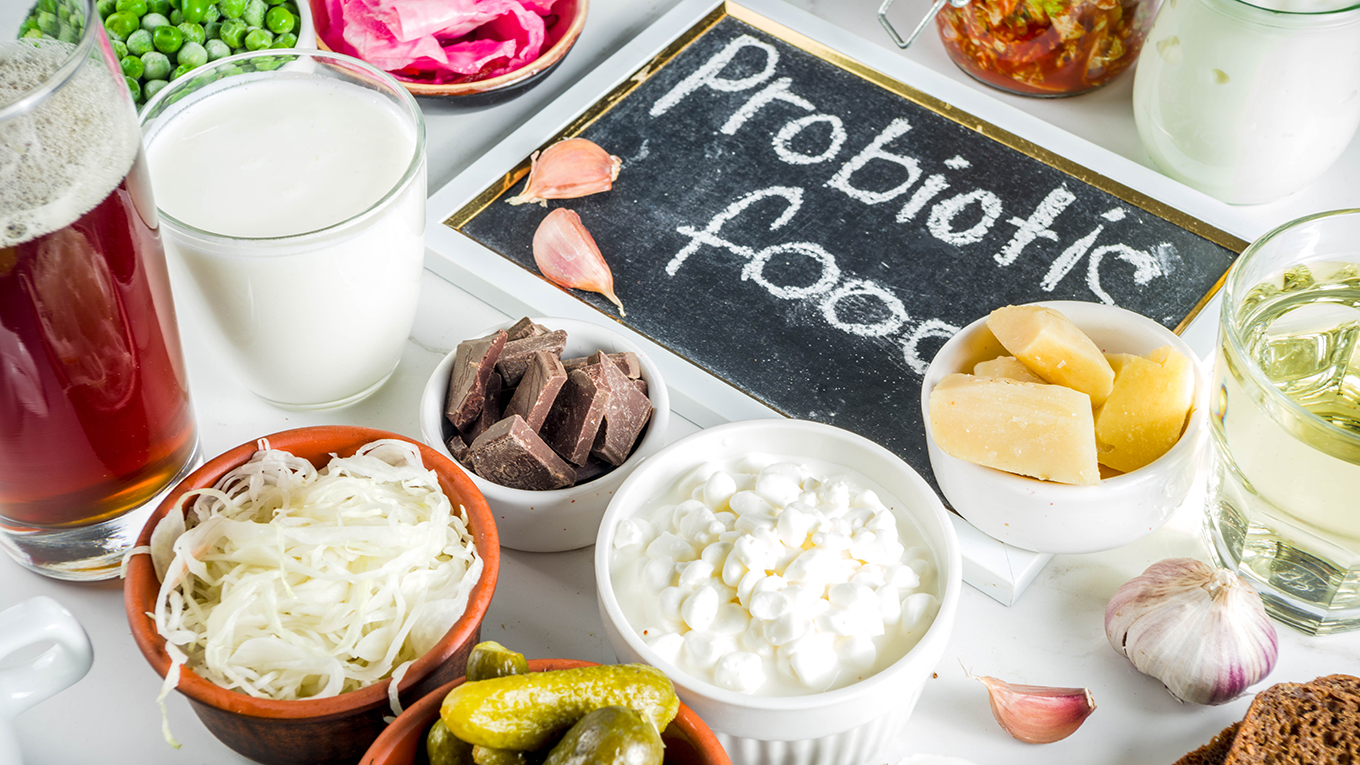[ad_1]
Antibiotics fight microbial infections, but they can just as easily destroy the “good” gut bacteria. It is therefore important to include in our diet foods that can reduce the “bad” and restore the microbial balance of the gut
A British Review of Research who investigated the changes that occurred in gut bacteria after taking antibiotics widely prescribed for respiratory infections and urinary tract found that after treatment, the number and variety of bacterial types decreased rapidly. He also found that some types of “bad” microbes increased while some “good” microbes decreased.
In most people, when antibiotic treatment is stopped, gut bacteria are restored to some extent, but there are also studies that show that some antibiotics have long-term effects on the balance of microorganisms.
It is important to use them antibiotics only when necessary Msand certainly not for viral infections, as these drugs cannot kill viruses such as the common cold or COVID-19.
So what should we eat both during and after taking the antibiotic to restore the bacterial balance in the gut? Most people know about the probiotics and prebioticsfew, however, are those who know for what reasons they are beneficial.
RELEVANT ARTICLES
Probiotics contain ‘good gut bacteria’
Probiotics are foods like yogurt that contain “good gut bacteria”, i.e. live microorganisms that recolonize the gut and improve gut health. They resist stomach acids and functions of digestion and then they attach to the intestinal walls and grow, without causing any problems. Finally, their safety and effectiveness are established in controlled trials.
To be called a “probiotic”, the dose of micro-organisms contained in the food must be sufficient to restore the number of “good” bacteria while removing the “bad” ones.. Most yogurts contain “good bacteria” but not all of them can survive the acidity of stomach acid or grow in the gut and therefore have no probiotic benefit.
To exert their beneficial effects, probiotics not only need to reach the large intestine, but once there they need the right “fuel” to help them grow properly. That fuel is prebiotics.
What science says about probiotics
Probiotics are widely promoted as health benefits, but the science appears divided on the matter. A data review found that probiotics may be helpful for those with high risk of diarrhea caused by antibiotics, such as the elderly and the hospitalized. Side effects were also found to be common when antibiotics were taken and included taste disturbances, nausea, abdominal cramps, loose stools, fever and bloating. But those taking probiotics reported fewer side effects, suggesting they may be helping to counter some of them.
So what are prebiotics?
Prebiotics are compounds that help beneficial intestinal microorganisms to grow and survive. The prebiotic foods contain composites carbohydrates which cannot be digested by the body and dietary fiber that are not broken down by the digestive processes in the stomach and small intestine. Therefore, they pass undissolved in the large intestine, where they are fermented by the healthy “good” bacteria.
To be called a prebiotic, a food must undergo the above process and be shown in clinical trials to selectively improve the composition of microorganisms in the gut. Not all dietary fiber is prebiotic, and most contain complex carbohydrates called fructo-oligosaccharides, inulin and resistant starch.
You can find foods in the supermarket with added prebiotics, but non-digestible carbohydrates are naturally present in many foods, including:
- cereals: barley, rye bread, pasta, couscous, wheat bran, wheat bread, oats
- legumes: chickpeas, lentils, red beans, soybeans
- vegetables: artichokes, asparagus, beets, radishes, fennel, garlic, peas, leeks, onions, peas, sweet corn, cabbage
- fruits: nectarines, white peaches, persimmon, watermelon, grapefruit, pomegranate, fig
- nuts: cashews, peanuts.
It is thought that people who are at high risk of diarrhea after taking antibiotics may benefit from taking probiotic – and prebiotic – foods daily. There is, however, more and more evidence that shows thatCombining specific probiotics and prebiotics can increase the beneficial effects of both.
